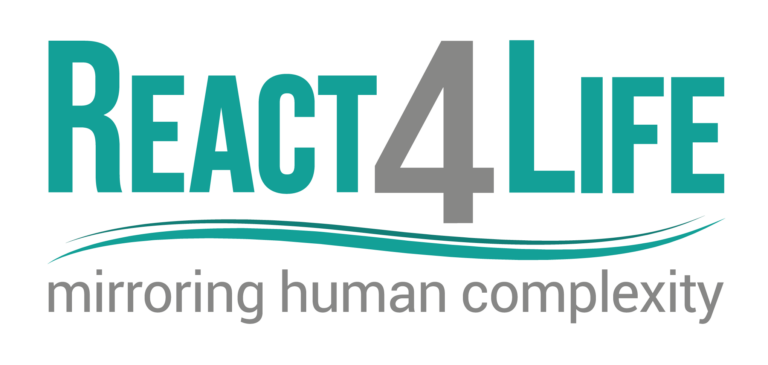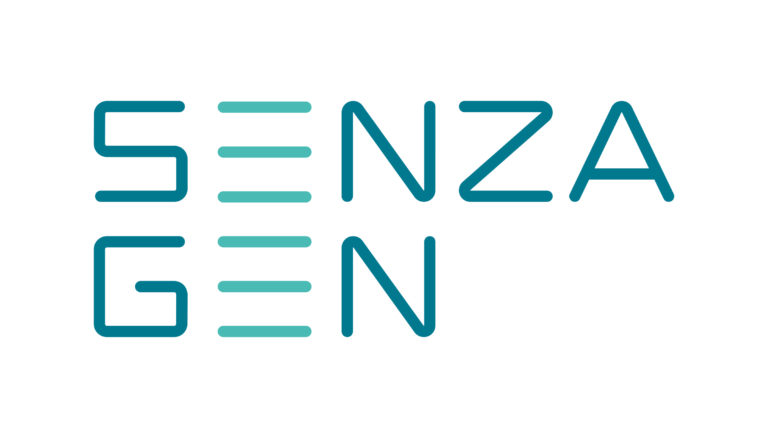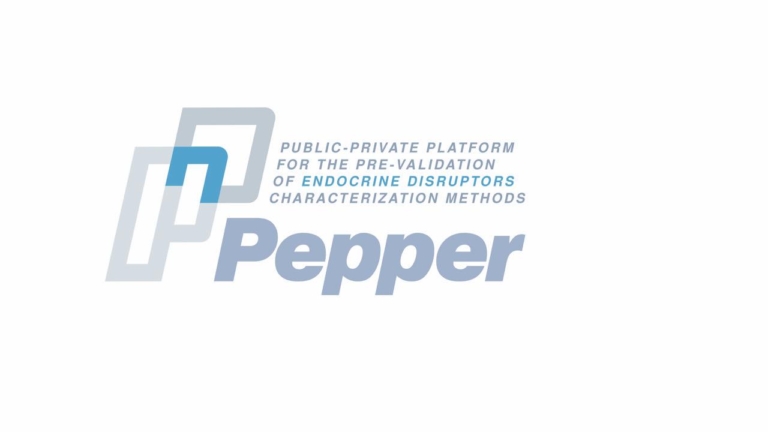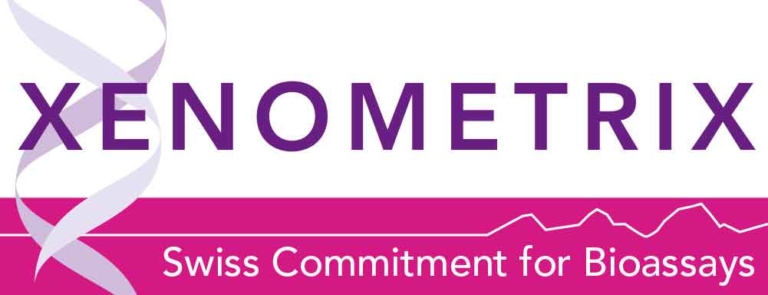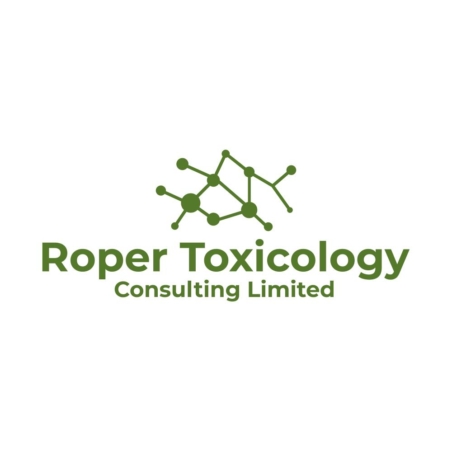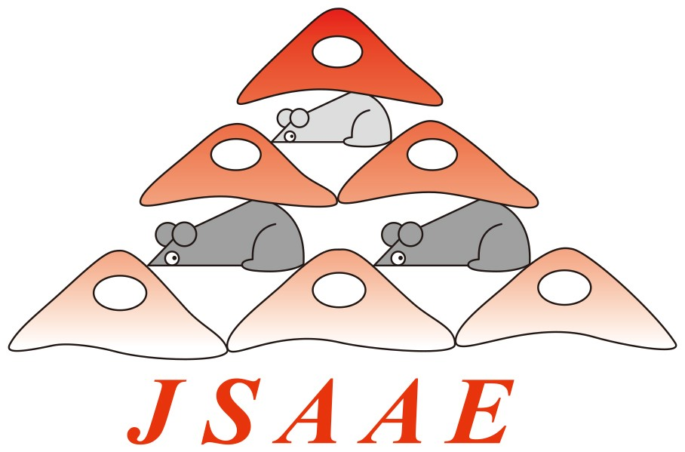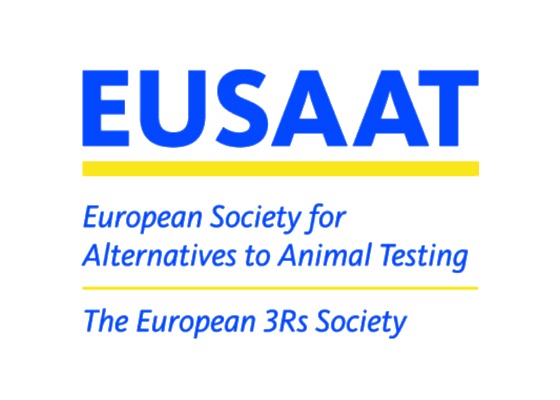Wednesday, December 4, 2024
8:00am ET / 22:00 JST / 13:00 UTC
Dr. Kaori Ambe, Associate Professor, School of Data Science, Nagoya City University, Nagoya, Japan
ABSTRACT
Animal testing for the safety evaluations of cosmetic ingredients has been banned in Europe since 2013, the development of alternatives to animal testing in evaluating skin sensitization has been promoted. Some alternative methods using in vitro assay addressing different key events of skin sensitization adverse outcome pathway (AOP) have been officialized. Because skin sensitization is a complex immune reaction, it is difficult to evaluate using a single alternative method. Therefore, Integrated Approaches to Testing and Assessment (IATA) that integrate results from multiple approaches such as in vitro or in silico are required.
In this presentation, I will introduce our machine learning-based prediction method for skin sensitization evaluation. The estimated concentrations for a stimulation index of 3 (EC3) in murine local lymph node assay (LLNA) is an important quantitative value for determining the strength of skin sensitization to chemicals. We developed an LLNA EC3 regression model using CatBoost, a new gradient boosting decision tree, based on the reliable Cosmetics Europe database. The regression model combining in chemico/in vitro tests, physical properties, and chemical information related to the key event of AOP on skin sensitization showed excellent performance with a coefficient of determination (R2) of 0.75. Furthermore, Next Generation Risk Assessment (NGRA) case study of skin sensitization in hair dye was conducted using this regression model. Our LLNA EC3 regression model is expected to serve as a useful approach for the quantitative assessment of skin sensitization.
About Dr. Ambe
Dr. Ambe is an Associate Professor at the Department of Data Science, Nagoya City University in Japan, and a researcher in computational toxicology and regulatory science. She works on developing and applying in silico approaches using machine learning for predictive toxicology.
Please see the Event Calendar Listing for complete details.
 The ESTIV Members Area
The ESTIV Members Area